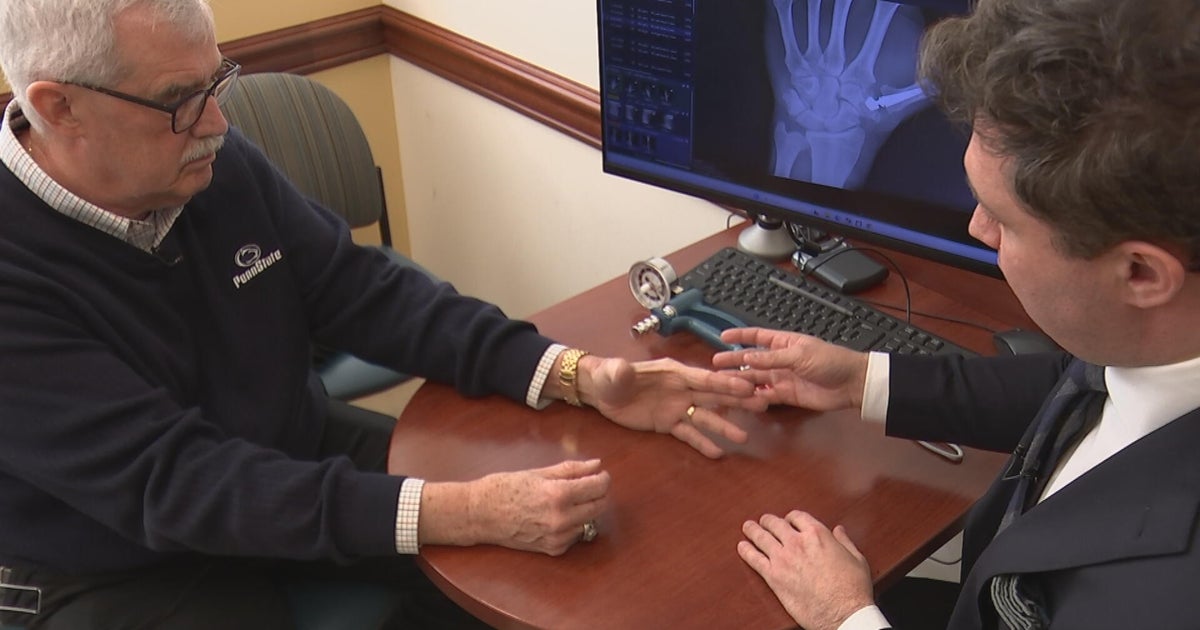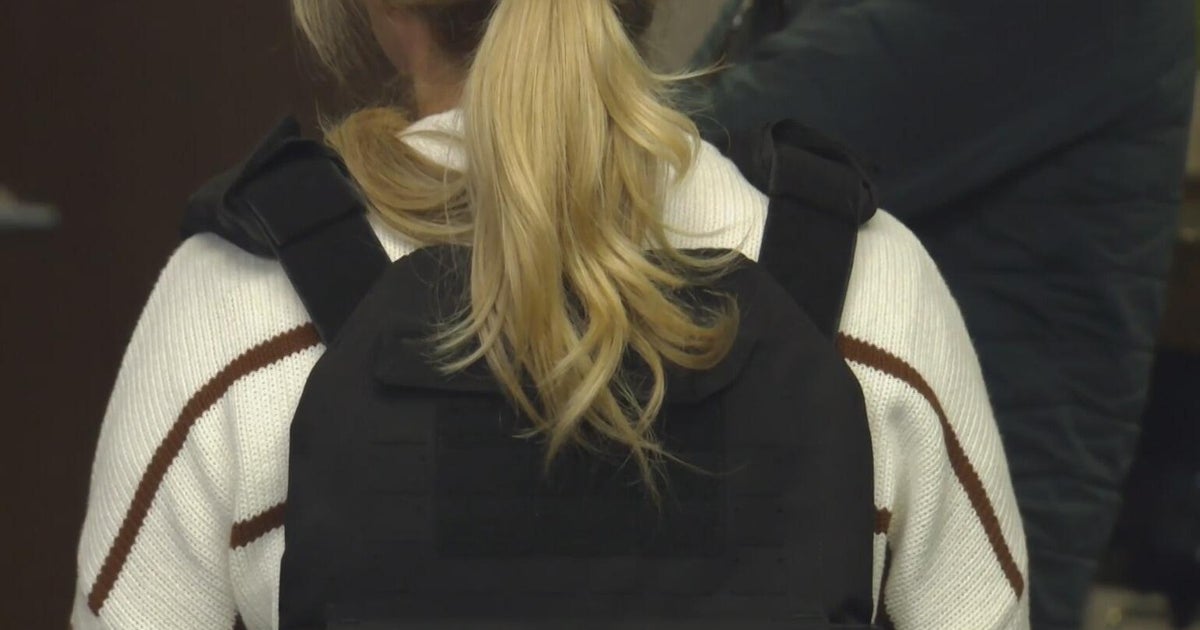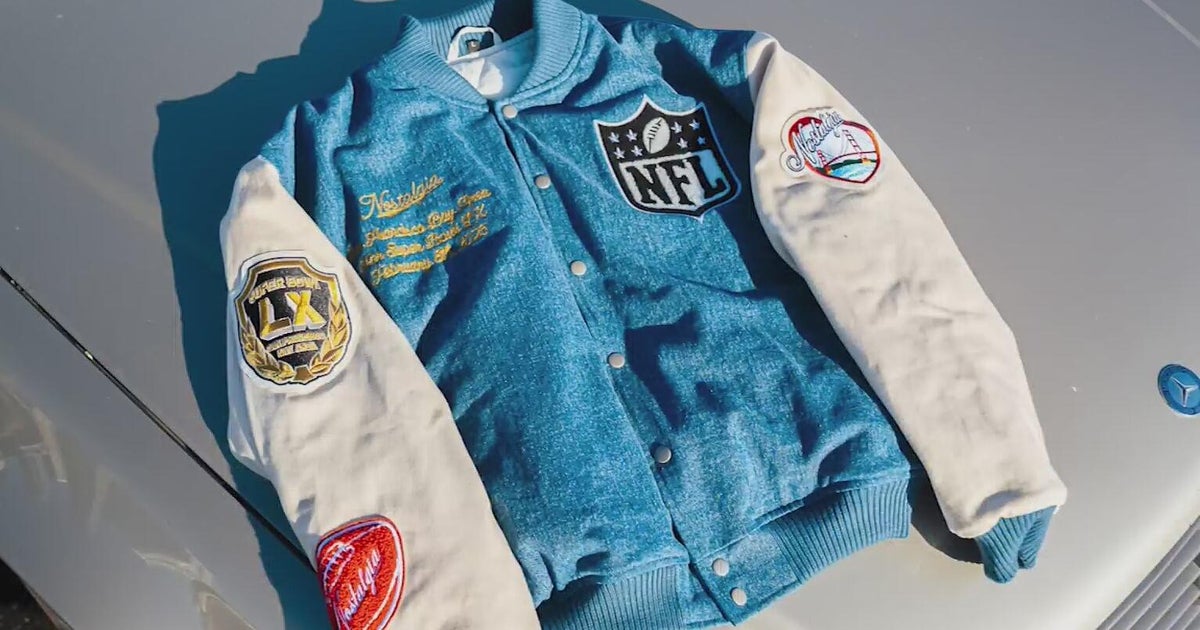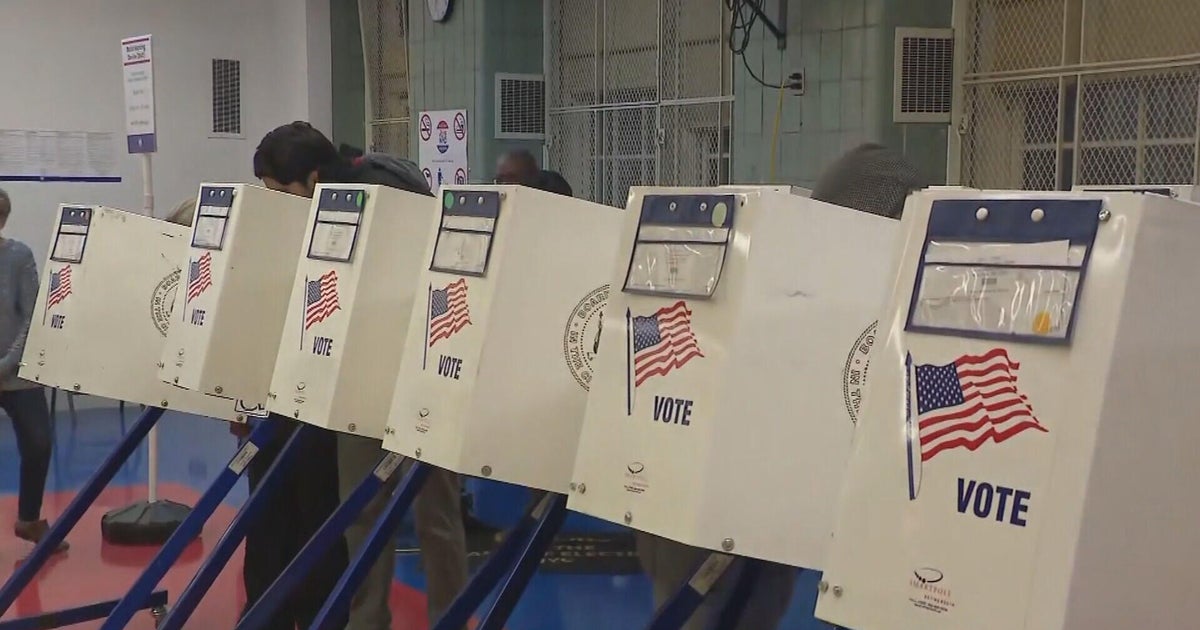MIT researchers developing test to determine COVID immunity
CAMBRIDGE - Researchers at MIT are excited about more than two years of research that has evolved with the COVID pandemic.
"Potentially, [this technology] solves a lot of the debate around when anybody needs to be boosted again," explained Hojun Li.
It's a quick, at-home test that could become an essential tool in better protecting the most vulnerable from the virus: People like our neighbors receiving chemotherapy, those who live with autoimmune disorders, and the elderly.
"Their immune systems, we can't really trust them to keep vaccine protection for as long as you or I would. We wanted to develop a way we could quickly and easily assess whether they were still protected from that vaccine or that previous infection," Li said.
Li is an attending physician at the Dana-Farber/Boston Children's Cancer and Blood Disorders Center, as well as the Charles W. and Jennifer C. Johnson Clinical Investigator at MIT's Koch Institute for Integrative Cancer Research.
Just like someone with diabetes can check their blood sugar at home, this test would measure the level of antibodies in a drop of blood. Plus, it could be easily adapted to detect immunity against future variants.
"We're hoping ultimately it'll be that you take a picture of the cassette with your smartphone and then an app will tell you you're relatively highly protected, medium protected, low protected or no protection," Li explained.
Having that clearer idea of immunity is information valuable to everyone.
"I got my second booster in February or something like that. I think it'd be pretty low at this point! Other than booster shots it would be great to have other tools to protect us," a Cambridge man said.
As for what's next, researchers will continue conversations with diagnostics companies - seeking a partner to get FDA approval and then manufacture large quantities of the tests for ideally anyone to use.








